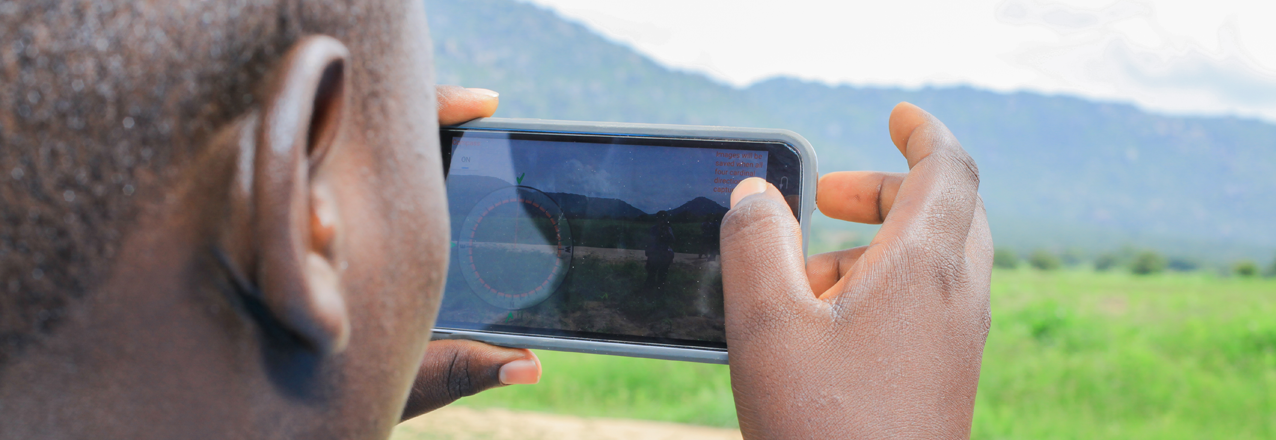From innovative technologies, to policy reforms, to new partnerships, 2016 was a busy year for USAID’s work on strengthening land tenure and property rights.
So what are we looking forward to in 2017? Here is our top 6 list:
- USAID’s Massive Open Online Course on Land Tenure and Property Rights Returns
On January 23rd, USAID will launch a new and improved Massive Open Online Course (MOOC) featuring new modules on customary tenure, geospatial data and technology, and USAID’s programming cycle for Agency staff. When USAID premiered its MOOC on Land Tenure and Property Rights in 2015, nearly 2,000 students from 107 countries joined the free university-level course. This revised version of the MOOC features shorter and more flexible learning options, tailored learning tracks, interactive discussions, self-paced video lectures, and expert case studies.
Register for the MOOC today! - Responsible Land-Based Investments
For the past several years, USAID has been working with our partners in the private sector, civil society, and the donor community to develop practical guidance on best practices for making land-based investments more inclusive, responsible, and sustainable. In 2017, we are excited to launch two partnerships to road-test these guidance tools for live investments in Mozambique and Cameroon. USAID will support research, analysis, parcel mapping, and grievance mechanism development with investors, while capturing and sharing lessons with other private sector companies and investors. - Impact Evaluation Endline Results from Projects in Liberia and Zambia
To fill important evidence gaps related to the impact of secure land tenure and property rights on eliminating extreme poverty, empowering women, enhancing food security, improving natural resource management, addressing climate change, and mitigating conflict, USAID has been conducting a series of rigorous evaluations. Two of these evaluations will reach endline status in 2017.
In Zambia, USAID is conducting a randomized control trial impact evaluation—the gold standard of rigorous, scientific evaluations—to determine whether certifying farmers’ customary land rights will increase their investment in sustainable agroforestry and adoption of climate smart agricultural practices on their farms.In Liberia, USAID is conducting an exhaustive performance evaluation of the Community Land Protection Program to examine how securing community land rights helps those communities to protect their land claims. This evaluation investigates the effectiveness of tenure security and natural resource governance programming by examining how securing community land rights improves perceptions of governance and increases accountability of local leaders.Research findings and data from these and other evaluations will be posted on the LandLinks evaluations and research page. - New Country Profiles
USAID’s Land Tenure country profiles are one of the most valuable resources for understanding the nuances of various countries’ laws, policies, norms, strengths, weaknesses, challenges, and needs with respect to land and resource governance. In 2017, USAID will continue updating some of our 65 country profiles with new research, information and analysis to reflect current, on the ground realities. This year, we will launch updated country profiles for Burkina Faso, Cote d’Ivoire, Ghana, Mexico, Mozambique, Nepal, Peru, Philippines, Rwanda, and Zambia. We will also develop a brand new country profile for Ukraine. - New Research and Analysis
In 2017, USAID and its partners will continue to publish new findings examining the empirical evidence around critical topics in the land and resource governance sector. In early 2017, USAID will release new publications on mangrove governance, with country case studies from Tanzania and Indonesia, building on the recent global mangrove governance report. Around the World Bank Land and Poverty Conference in March, USAID will publish papers looking at issues such as the effects of two different strategies for securing land rights for farmers in Ethiopia and new research on customary tenure in pastoral areas. Later in the year, we will release a new primer on marine tenure. - Expansion of Mobile Applications to Secure Tenure
In 2015, USAID’s Mobile Applications to Secure Tenure (MAST) program began with a simple idea: could you use low-cost smartphone-based mapping tools and community participatory methods to register land rights? The initial pilot, launched in three Tanzanian villages, was a major success. Since then, different versions of MAST have been deployed in Burkina Faso, Burma, and Zambia. In 2017, look for USAID to continue to refine and expand the MAST program, bringing low-cost land mapping and registration tools to more and more communities around the world.


